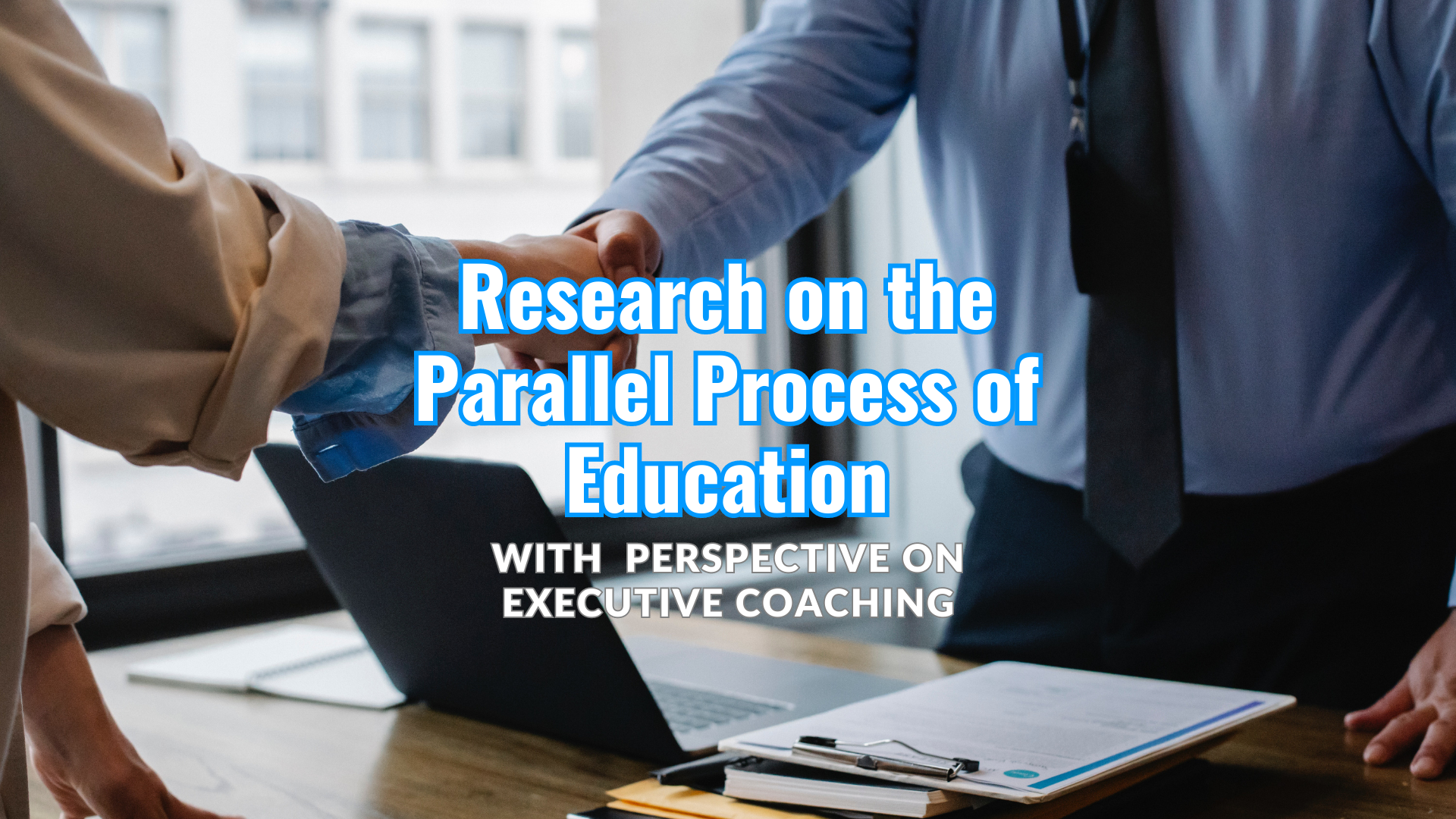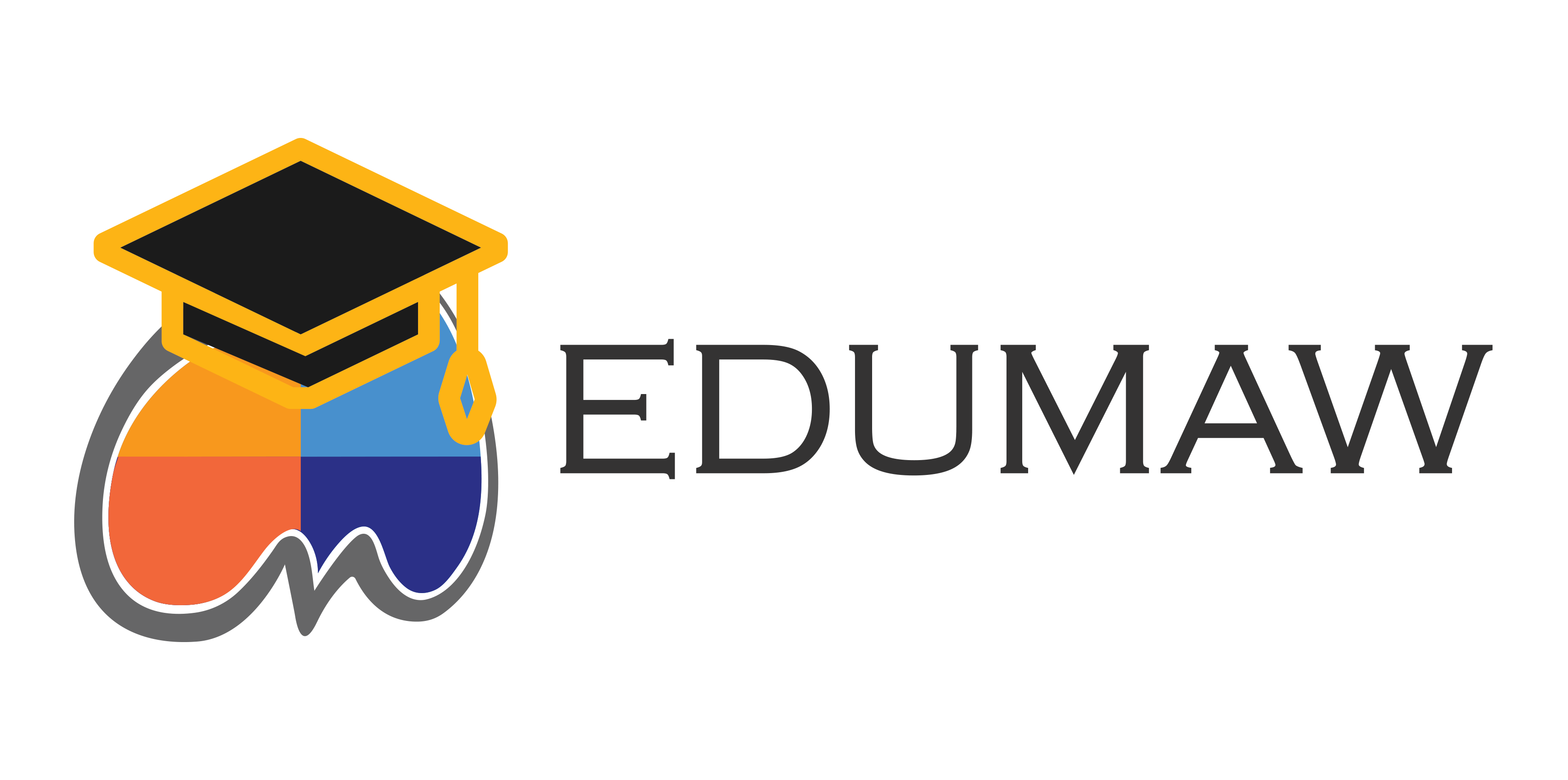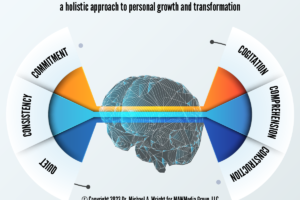
Research on the Parallel Process of Education
With Perspective on Executive Coaching
Executive coaching can involve assisting educators in conceptualizing their courses, overcoming impostor syndrome, and effectively articulating practice in the context of theory. This assistance goes beyond the typical curriculum development services. Indeed, educators often benefit from a change in perspective that revitalizes and inspires their educational practice. In the spirit of reflective practice and with the intention to edify, I invite you to delve into the parallel process of education as experienced within the context of educators engaging in executive coaching.
Bear in mind that this approach is a tool for both reconceptualizing your role as an educator and constructing your interactions with learners. It serves dual purposes: enabling observation and facilitating implementation. It becomes your experiential learning roadmap guiding you toward reflective action.
The parallel process is presented in four steps: Connect, Confidence, Extension, and Celebration. Each of these stages intersects with key areas in educational research, including linking new learning with existing knowledge, fostering confidence in the application of skills, extending learning to new contexts, and lastly, celebrating competence and reviewing learning goals (Barman, 2021; Wang & Eccles, 2021; Yale University, 2021).
Connect
The first step in the parallel process is to connect with the learner and his or her prior knowledge. An understanding of what the learner knows before introducing new information is critical to provide a foundational building block for new knowledge (Yale University, 2021). As Barman (2021) points out, every individual comes with a unique set of experiences and knowledge even before entering an educational setting. This “prior knowledge” is an integral part of the learner’s cognitive system and will influence how they interpret and assimilate new information.
As an educator, tapping into a learner’s prior knowledge can help create a bridge between what they already understand and what they’re about to learn. As a result, information tends to be processed more deeply, retained for a longer duration, and easily retrieved when needed (Yale Center for Teaching and Learning, 2021).
Confidence
A step that seems to get lost in the clutter is the need to ensure that the learner feels confident in their prior knowledge. Once a connection has been established between educators and learners, the next crucial step involves building the learners’ confidence in applying their skills. To facilitate this, teachers should acknowledge students’ initial capabilities and adjust the cognitive load of their instruction based on these abilities (Yale University, 2021).
Thus, it’s essential to create an educational environment that promotes self-confidence and enhances learners’ self-perception and self-efficacy. This builds learners’ faith in their abilities, encourages them to take learning tasks head-on, and reduces the potential negativity and self-doubts that may otherwise hamper their learning process.
Extension
The third step focuses on the new knowledge or skills that you’re introducing to the learners. This extension stage emphasizes expanding on the existing knowledge base and promoting a deeper understanding of new facets of the subject matter. A foundation has already been laid utilizing learners’ prior knowledge, and confidence instilled in their existing abilities. Now, it’s time to construct the building that is new learning.
It’s crucial at this stage to present new information in a logical and systematic way, guiding the learners to make connections between their existing understanding and the new knowledge they’re accruing. This process goes a long way towards the facilitation of knowledge transfer, aiding learners in applying learned skills and concepts in different contexts and solving diverse problems.
Celebration

Finally, the last stage of the parallel process is the celebration of what has been learned. Learners should be given the opportunity to reflect on and review what they were supposed to gain from a certain lesson or course—their learning goals. You present this as a celebration of achievement, irrespective of the level of mastery (Wang & Eccles, 2021).
The review of learning goals serves as a reaffirmation of the learning process and reinforces learners’ perceptions of their capabilities. When learners hear an enumeration of the skills they have gained, they begin to recognize what to look out for as they engage in self or peer-review exercises. Always remember, no achievement is too small; every step forward, every skill gained, and every bit of new understanding deserves acknowledgment and celebration.
Conclusion
The field of executive coaching offers a unique, impactful approach to guiding educators: the parallel process of education. This four-step process, encompassing connecting with learners’ prior knowledge, building learner confidence, extending learning, and celebrating achievements carries significant potential for enriching educational practices.
Notably, these steps are not isolated entities but interwoven elements that together create a more holistic and impactful educational experience for learners (Barman, 2021; Wang & Eccles, 2021; Yale University, 2021). As you navigate your journey as an educator, let this process guide you in recognizing the value and potential in each learner, and in creating learning experiences that are truly reflective, inclusive, and empowering.
If you are an educator looking to enhance your classroom interactions, innovate your teaching, or solve a complex problem personally or professionally, schedule with Dr. Michael A. Wright, Executive Coach at MAWMedia Group, LLC. If you are an administrator, contact Dr. Wright to engage him in a retainer and make his expertise available to multiple staff and faculty members.
References
Barman, J. (2021). Children’s prior knowledge is very important in Teaching and learning in this era of constructivism. Mukt Shabd Journal. 10(5), 101-106. https://www.researchgate.net/publication/351451835_Children’s_prior_knowledge_is_very_important_in_Teaching_and_learning_in_this_era_of_constructivism
Wang, M. T., & Eccles, J. S. (2021). Competition doesn’t always harm: How competitive classrooms can enhance students’ motivation and achievement through a focus on competence. Journal of Personality and Social Psychology. Advance online publication. https://doi.org/10.1037/pspi0000431
Yale University. (2021). Building Upon Students’ Prior Knowledge and Skills. Poorvu Center for Teaching and Learning. https://poorvucenter.yale.edu/StudentsPriorKnowledge



